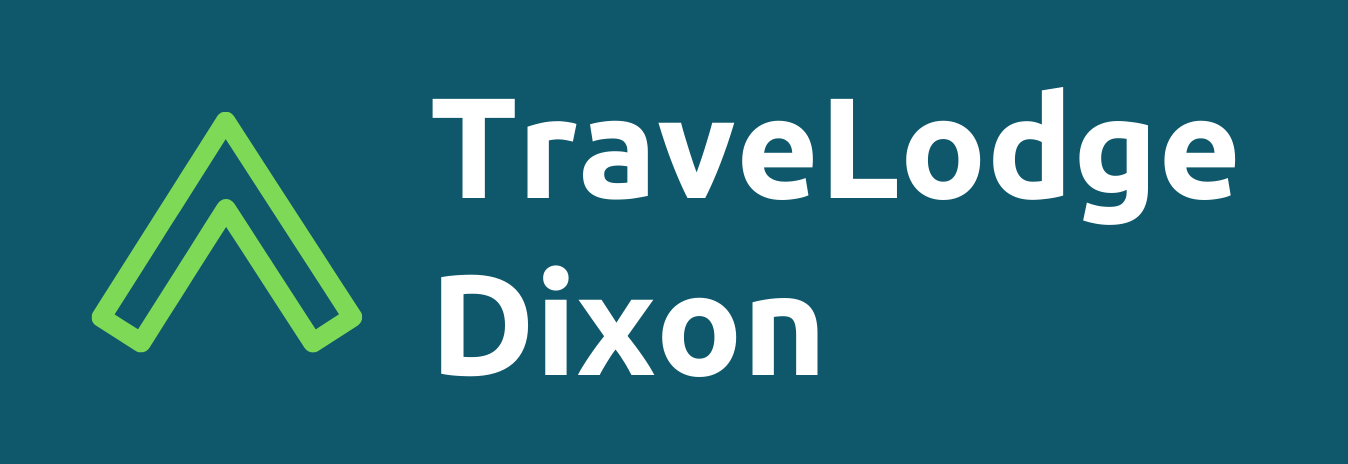In computer networking, a web proxy server is an appliance or server software that behaves like an intermediary for clients trying to access specific internet servers providing those services. The purpose of this intermediary is to prevent malicious external websites from compromising the security and integrity of a client’s data. When clients are able to connect to these internet servers, they can perform web applications which may include email, online gaming, and file and image storage. Web proxy servers, however, also allow traffic between the web proxy and the internet to be controlled. In some cases, the access to web services may be limited or restricted.
There are two types of web proxy servers – the ones that simply pass through the traffic that the client sends to it, and the ones that take the request directly and pass it on to the final destination. These two types share some common features, such as the ability to detect and contain attacks, and the use of session management tools that control the number of times a web request is made. However, they differ in terms of service support, security, and complexity of implementation. They also have different protocols and support different technologies.
A forward proxy server is typically used for internal communication and web applications. For instance, it is used by companies and universities to prevent unauthorized web access. This prevents organizations from inadvertently leaking sensitive information. Another advantage is that internal forward proxy servers are fast and conserve bandwidth. Some of them can forward multiple requests to a single IP address. This feature is useful for preventing overloads on the internal networks of companies.
Some web proxies have added functionality like being able to configure and deny incoming request from certain locations, as well as restrict or deny websites. Some of these features are offered by commercial web proxies while some are developed internally at companies. There are many free web proxy providers available on the internet, and most of them are of poor quality. Most of them are poorly written scripts or they do not correctly modify HTTP request data before forwarding it to the right destination. Some may even perform illegal activity like HTTP spoofing.
Good quality web proxy services ensure that the requested pages are correctly passed to the web server. This prevents webmasters from detecting that their pages have been redirected. Some forward proxies also mask FTP requests. They are often used by companies and government agencies to protect confidential company information. Some reverse proxy servers do not guarantee the privacy of the information the client enters on the website.
There are different web proxy applications available for different purposes. The most common applications used for Internet security and safety are the Explorer client proxy configuration, which is a type of web proxy. It is similar to the normal internet explorer client in that it requires configuration before running. It is primarily intended for controlling and restricting the browser from different sources, such as web sites and downloads. It blocks pop-ups and downloads that could harm the user’s computer system. It may also block some online applications, which require the administrator’s consent.
Another kind of web proxy is the authentication proxy. It performs the same function as the Explorer client proxy configuration, except that it requires the client’s login and password in order to access the web pages. These are good for use in environments where privacy is an issue, because these applications encrypt all the incoming and outgoing web requests. It also encrypts the requested websites and files, so that anyone who can read the pages will not be able to see the contents. However, the lack of encryption can leave the user vulnerable to security threats, like key logging and cookies.
A web proxy can improve the network performance of your computer. When surfing the Internet, the overhead of the various web requests are very high. Due to this, it can reduce the time needed to load pages. With these improved performance, your web browsing will be faster and you can browse the Internet more comfortably. These advanced proxies also make your internet connection secure from hackers and other online threats, making your data safe.
